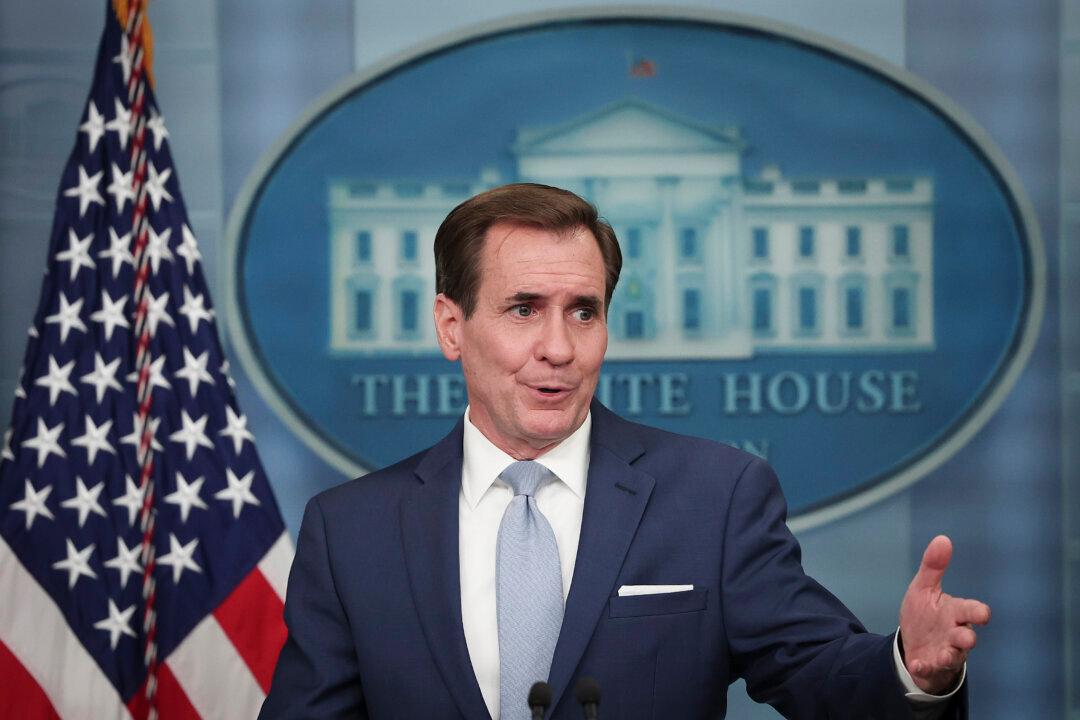The White House and the Chinese Communist Party (CCP) are in a war of words over the meaning of U.S. House Speaker Nancy Pelosi’s arrival in Taiwan on Aug. 2.
White House officials maintain that Pelosi’s arrival was in line with nearly five decades of precedent governing Sino–American relations. However, CCP authorities have criticized the United States for what it has characterized as an attack on its sovereignty.




